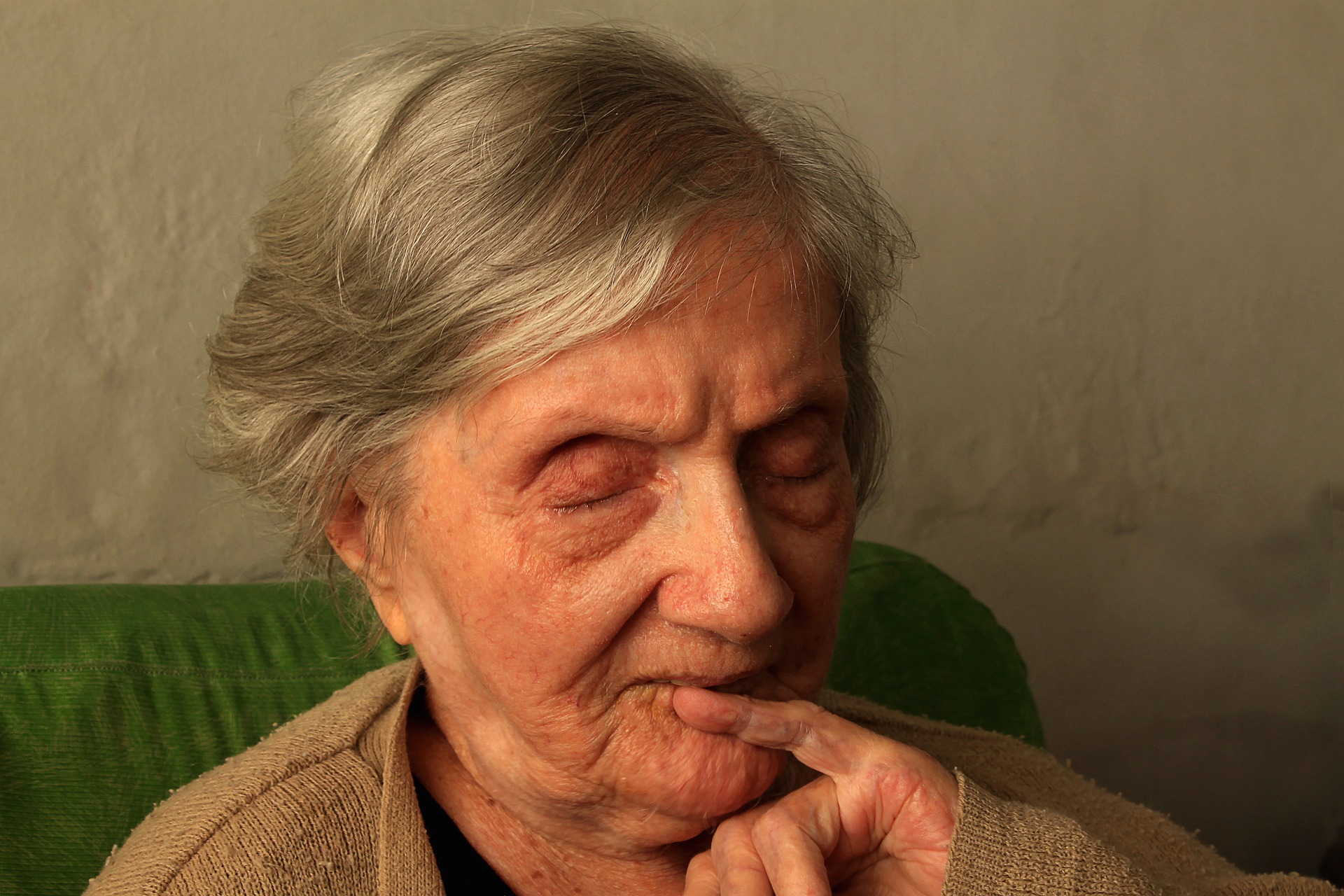Dementia is confusing enough. So if your loved one begins hallucinating, it can seem overwhelming. Are the hallucinations and dementia diagnosis related? They may very well be, but dementia is likely not the only condition triggering their episodes. Also, not every dementia patient will experience these episodes. But if hallucinations occur and interfere with everyday life, you should consult your doctor to determine the cause. In this article, we will explore and demystify the subject of hallucinations.
What is a Hallucination? According to Miriam-Webster, a hallucination is defined as a sensory perception – such as a visual image or a sound – that occurs in the absence of an actual external stimulus and usually arises from neurological disturbance.
Quick Facts About Hallucinations
- There are many known possible causes other than dementia, including sleep disorders (narcolepsy), mental disorders (schizophrenia), grief, emotional trauma, strenuous exercise, drug or alcohol abuse, and certain medications.
- Hallucinations attributed to dementia may involve any one of the senses- sight, sound, taste, smell, or touch.
- While you may think reassuring the patient that what they are experiencing is not real would be helpful, experts recommend the opposite strategy. It is better to listen to what they have to say without expressing doubt about their visions being real.
- Early-onset hallucinations – which begin soon after diagnosing dementia – are thought to be caused by Lewy body formations in the brain. Lewy bodies are abnormal aggregations of protein that develop inside nerve cells.
Types of Hallucinations
Most people think hallucinations can only be visually experienced, but there are many types of episodes.
Visual: May be caused by certain medications, lack of sleep, depression, and a host of other conditions.
Olfactory: Two types of hallucinations involving the nose include Phantosmia (detecting odors that aren’t present) and Parosmia (misinterpreting scents that are present). These are often caused by sinusitis, hay fever, sinus infections, temporal lobe seizures, brain tumors, and Parkinson’s disease.<
Gustatory: Hypogeusia (reduced sensitivity to taste) and ageusia (inability to taste) may be attributed to epilepsy, sinus diseases, temporal lobe disease, and brain lesions.
Tactile/Somatic: These sensations may show up as a feeling that something is crawling under or on your skin or phantom limb pain. These may be caused by schizophrenia, delirium tremens, alcohol abuse and recovery, and diseases associated with dementia.
Auditory: Hearing voices with no source is typically associated with psychoses, especially schizophrenia. They can also be associated with dementia.
Hallucinations and Dementia
Dementia patients may experience hallucinations of all kinds, but visual hallucinations are the most common. Besides hallucinations, individuals with dementia may also experience illusions or delusions.
When our loved one experiences hallucinations, illusions, or delusions, it can be very upsetting. They may not know how to react, and they may be tempted to correct or even argue with the dementia patient. However, mental health professionals advise that this may cause aggravation and anxiety – so unless the hallucinations are posing a threat of danger, you should not overreact. It would be best if you recorded any episodes to discuss with their doctor.
Is it Time for Memory Care?
If your loved one is has been diagnosed with dementia and is experiencing hallucinations, it may be challenging to care for them at home. If memory care is an option for you and your loved one, we invite you to visit A Banyan Residence in Venice.

